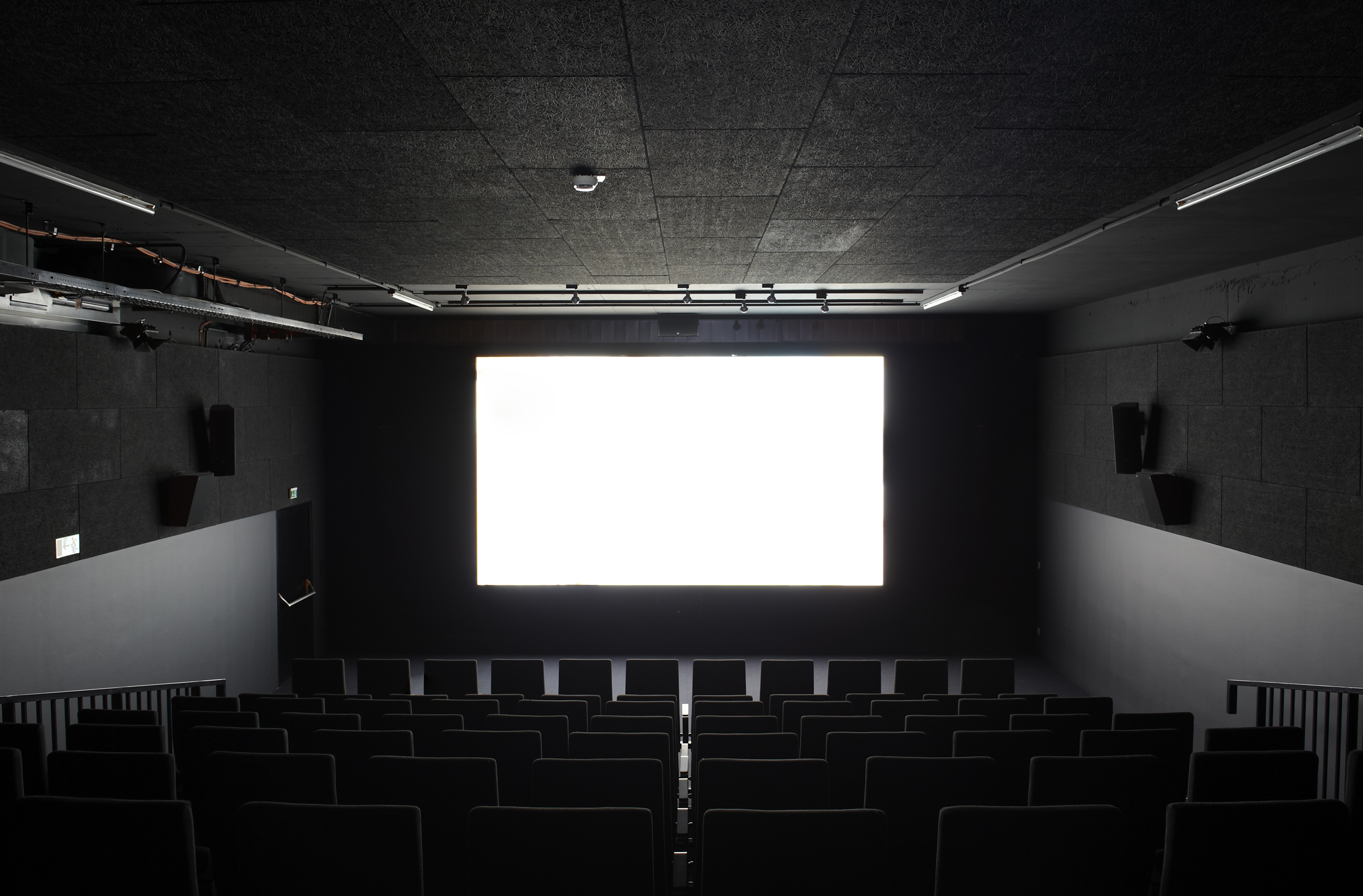
02.11.2016
Libidinal Economies (1)
Libidinal Economies (1)
When we think of Wall Street transactions and art world aesthetics—money and drive—two economies come to mind: one regulated, the other subversive. But the art market is really the libidinal substrate of the stock exchange’s bottom line. Accordingly, Libidinal Economies is structured around four global economic crashes – 1971, 1987, 2008, 2010 – showcasing film and video provoked by this cultural condition. Naturally, these points of critical resistance are made from these dual economies that now constitute a closed system.
Toward a Libidinal Aesthetic (Futures)
Like a collapsing bright star, the Dow Jones crash of 1987 is the event horizon for part 1. At stake is the traumatic loss of an index—driven by the precarious uncoupling of the dollar from its gold standard in 1971 – generating an economy based upon pure lack. Produced by a similar sense of agency, these films both celebrate and long for some connection to a material base—be it analogue film, the historical document, or the human body. Our backdrop is 1980s Wall Street: a real place where investors shot real bullets at brokers who lost real money on stocks that indexed real productive value.
Program
Juli Carson, introduction
Documentary Montage: 1971 / 1987
Michael Moshe Dahan, lecture: On Origins and Afterwardness
Hollis Frampton, (nostalgia), 1971, excerpt
Walid Raad, The Dead Weight of a Quarrel Hangs, 1990, 17 min
Paul McCarthy mit Mike Kelley, Cultural Soup, 1987, 7 min
ACT UP, TARGET CITY HALL (footage by Jim Hubbard), 1989
Tom Kalin, Kissing Doesn’t Kill, 1990, 4 min
Juli Carson is professor of critical and curatorial Studies and director of the University Art Galleries at UC Irvine. She is author of Exile of the Imaginary: Politics, Aesthetics, Love (Vienna: Generali Foundation, 2007) and The Limits of Representation: Psychoanalysis and Critical Aesthetics (Buenos Aires: Letra Viva Press, 2011). Her forthcoming book is The Conceptual Unconscious: A Poetics of Critique, to be published by PoLyPen.
Michael Moshe Dahan is a scholar and artist currently completing his PhD in performance studies and critical theory at UC Irvine. His research interrogates the intersection of psychoanalysis, political economy, post-colonial theory, and art production. Most recently, his experimental film, Two Points of Failure, was screened at the Rotterdam, Edinburgh, Jihlava, Bucharest, and Melbourne international film festivals, as well as the Tribeca Film Festival and the MAK Center for Art and Architecture in Los Angeles.
© mumok – museum moderner kunst stiftung ludwig wien